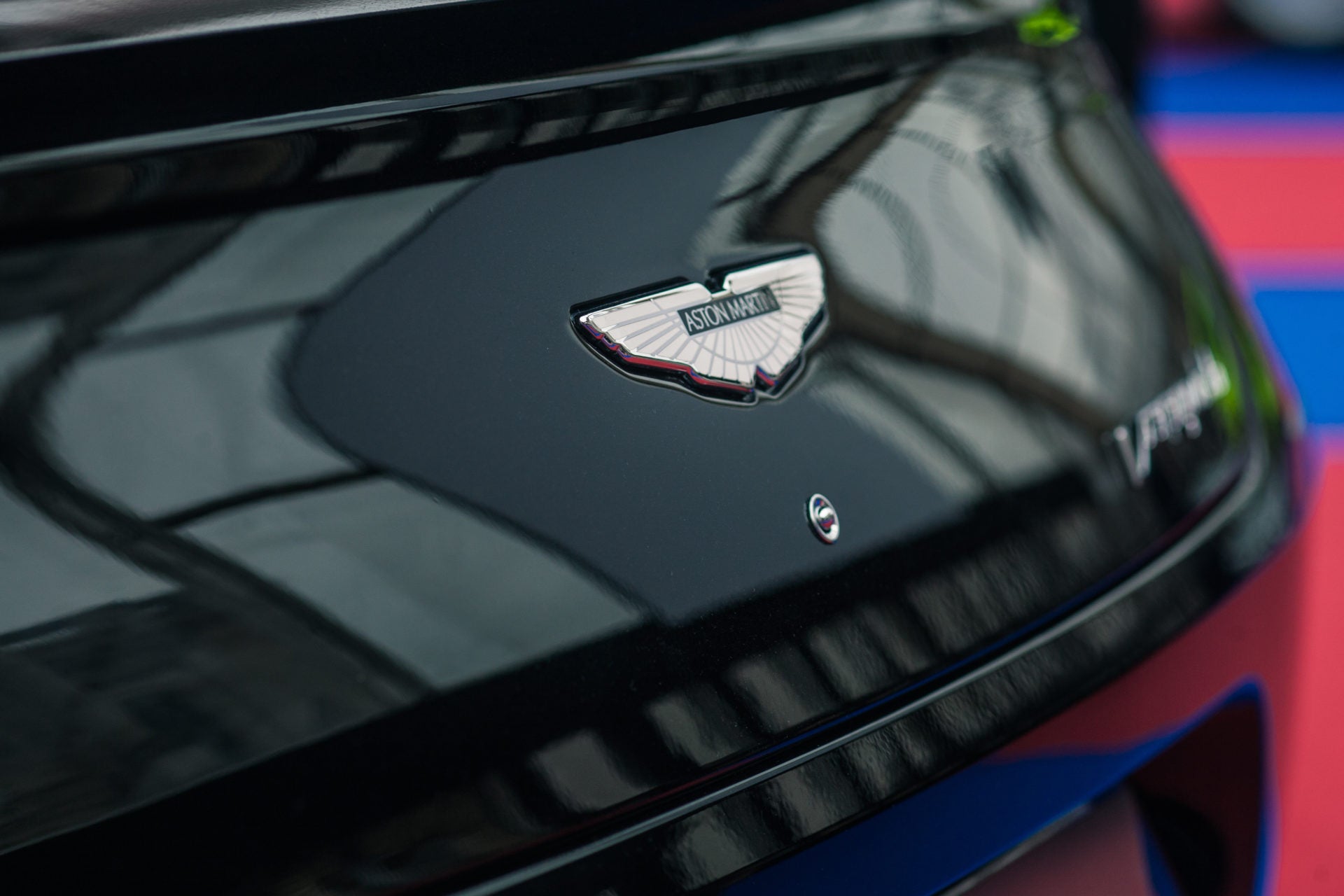
With fully driverless cars expected to be on UK roads as soon as 2021, the move towards self-driving cars appears to be inevitable. But is there space for autonomous sports cars?
Although the self-driving revolution is welcomed by many in the industry, with the likes of Ford, GM, Tesla, Renault and Toyota all embracing the technology, for sports car manufacturers, whose appeal is centred on driving experience, a future in which a car’s decisions are programmed rather than in the hands of the driver may not be a welcome one.

Access deeper industry intelligence
Experience unmatched clarity with a single platform that combines unique data, AI, and human expertise.
With the focus shifting from driving to being driven, and many of those in the automotive industry investing in autonomous vehicle capabilities, will the likes of Ferrari, Porsche and Aston Martin be able to adapt? Or could automation bring about the end of luxury sports cars?
Aston Martin’s chief creative officer on the autonomous sports cars of the future
Although some sports car manufacturers are investing in autonomous vehicles, with Mercedes-Benz unveiling its F 015 Luxury in Motion research vehicle last year, the shifting emphasis on car share and subscription services looks likely to prompt a drop in car ownership, which may affect vehicles with an expensive price tag.
Speaking at the 2018 Web Summit, chief creative officer and studio head at Aston Martin Marek Reichman admits that the nature of their business model means that Aston Martin will not be among the early adopters of driverless car technology:
“One of the last cars that is ever going to be fully autonomous is an Aston Martin because we spend most of the time saving time with autonomy to go and enjoy the fun of driving an Aston Martin.”
 GlobalData Strategic Intelligence
GlobalData Strategic IntelligenceUS Tariffs are shifting - will you react or anticipate?
Don’t let policy changes catch you off guard. Stay proactive with real-time data and expert analysis.
By GlobalData
However, one way luxury car manufacturers can adapt to a move towards automation is by diversifying their offerings. Back in 2009, Aston Martin announced that it was relaunching Lagonda in order to develop vehicles that had a “different character than a sports car” for existing and emerging markets.
Reichman explains how this enables Aston Martin to focus on both driven and driverless cars:
“Lagonda is the potential answer to autonomy, it’s a full battery electric vehicle product. So that’s the answer to an autonomous luxury future, because there has to be one clearly. Aston Martin remains the car you drive, but Lagonda’s the car you would be driven by.”
However, Reichman points out that sports cars, with the huge amount of data they can gather, could have potential applications in the move towards automation as well:
“Aston Martin will maintain its emphasis on cars to be driven, but again most luxury products, in particular sports cars and race cars, cars that go on circuits, have so much data. They have so many control systems in them, much more so than a lot of the cars that are on the road now, that we have collected data about driving experiences, driving feeling, monitoring the driver in a 24 hour race.”
Luxury cars remain a part of the automotive future
Reichman believes that there will always be a demand for luxury cars, with self-driving vehicles utilised to get passengers from A to B, and sports cars reserved for hobbyists, meaning there is no reason the two cannot co-exist:
“Every time we force society into a box, into a system, there’s always an alternative. As soon as we have more MP3 players playing music, the advent of vinyl starts to rise because someone wants something different…so analogue is always important in a digital world. So in the luxury space, people want to know that their shoes have been handmade, but they also want to understand the technology, the autonomous systems, the voice recognition, the gesture control systems as well. They want to marry both together.”
He also believes that certain benefits of autonomy should be embraced by luxury car manufacturers due to the benefits they can offer society:
“I think in the next five years there will be an improvement. the safety systems that are being developed on the road will make society better and I think in the next five years you’ll start to see more of that, more relevance, monitoring systems so you can know when to drive, when is safe to drive, when should I be driving. And within the world of luxury we have that opportunity because we’re selling fewer cars at a higher price point so you can involve more of that technology and future thinking technology within the product.”







